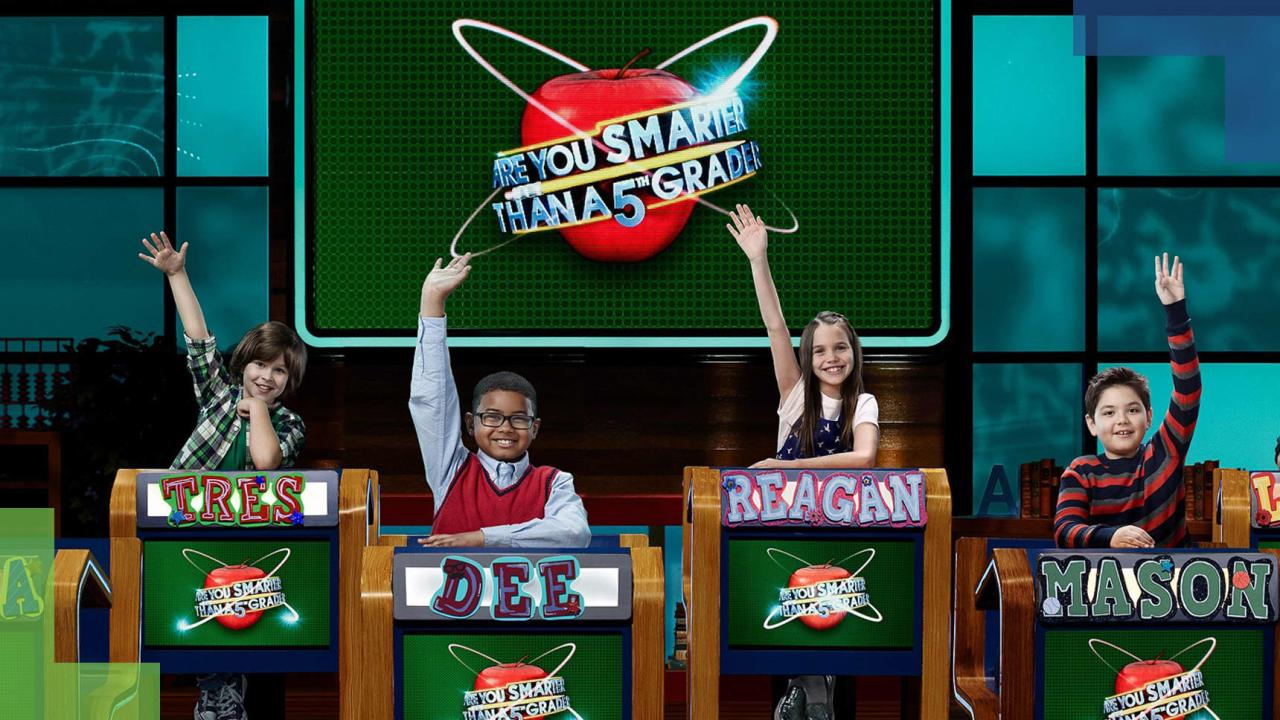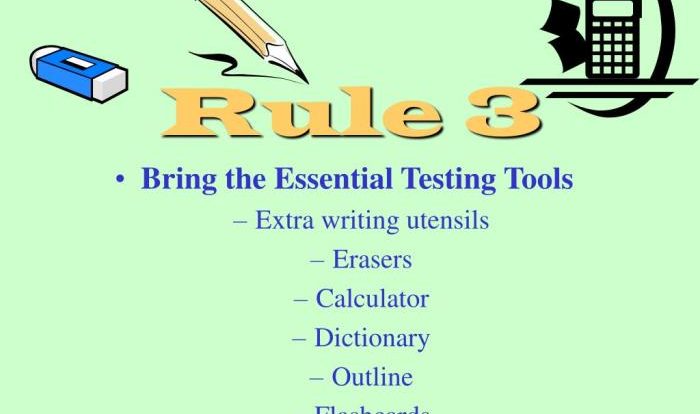Are you smarter than a first grader? This intriguing question has sparked a surge of interest, prompting us to delve into the depths of knowledge assessment and cognitive development. Join us as we embark on a captivating journey to explore the intricacies of first-grade education and evaluate your own abilities.
Throughout this discourse, we will unravel the cognitive abilities of first graders, uncover the educational milestones they strive to achieve, and delve into the assessment techniques employed to gauge their knowledge and skills. By engaging in thought-provoking activities and comprehensive evaluations, you will gain insights into your own cognitive prowess and determine if you possess the intellectual edge over a first grader.
Grade Level Comparison: Are You Smarter Than A First Grader
First graders are typically between the ages of six and seven years old. They have made significant progress in their cognitive development since preschool and are eager to learn and explore the world around them.
First graders are typically able to:
- Recognize and write the letters of the alphabet
- Sound out and blend simple words
- Read and understand simple sentences
- Identify and describe basic shapes and colors
- Follow simple instructions
- Work independently and as part of a group
li>Count to 100 and perform basic addition and subtraction
First grade is a time of great growth and development for children. They are learning new skills every day and are becoming more independent and confident.
Educational Milestones and Learning Objectives
First grade is a critical year in a child’s education. During this year, children learn the foundational skills they need to succeed in school and life. Some of the key educational milestones and learning objectives for first graders include:
- Learning to read and write
- Developing phonemic awareness and phonics skills
- Building vocabulary and comprehension skills
- Learning basic math skills, such as counting, addition, and subtraction
- Developing problem-solving skills
- Learning about the world around them, including science, social studies, and the arts
First grade teachers use a variety of methods to help students reach these milestones and achieve their learning objectives. These methods include:
- Direct instruction
- Small group instruction
- Independent work
- Hands-on activities
- Play
By the end of first grade, most children are able to read and write simple sentences, solve basic math problems, and have a good understanding of the world around them.
Assessments
First grade teachers use a variety of assessments to track students’ progress and identify areas where they need additional support. These assessments may include:
- Reading assessments
- Math assessments
- Writing assessments
- Science assessments
- Social studies assessments
These assessments help teachers to ensure that all students are making progress and are on track to meet the learning objectives for first grade.
Knowledge Assessment
Evaluating an individual’s knowledge and understanding of first-grade concepts is crucial to determine their academic progress and identify areas where additional support may be required. Employing a variety of assessment techniques ensures a comprehensive evaluation, capturing different aspects of a student’s abilities.
Assessment Techniques
- Informal Observations:Observing students during class activities, discussions, and play provides insights into their understanding of concepts, problem-solving skills, and social interactions.
- Anecdotal Records:Written notes documenting specific observations about a student’s behavior, academic progress, and areas of strength and need.
- Portfolios:Collections of student work that showcase their growth and progress over time, including assignments, projects, and reflections.
- Formal Assessments:Structured tests and quizzes that measure students’ knowledge and skills in specific subject areas, such as reading, math, and science.
Examples of Assessments
Assessments used to determine if someone is “smarter than a first grader” may include:
- Reading:Assessing phonemic awareness, letter recognition, sight word identification, and comprehension.
- Math:Evaluating number recognition, counting, addition, subtraction, and basic measurement concepts.
- Science:Investigating plant and animal life, weather patterns, and physical properties of matter.
- Social Studies:Exploring concepts related to citizenship, geography, and historical events.
Cognitive Skills

Cognitive skills are the mental processes that we use to think, learn, and solve problems. They include skills such as attention, memory, language, and reasoning. These skills are essential for success in school, and they continue to develop throughout our lives.
In first grade, children are developing their cognitive skills rapidly. They are learning to pay attention to more than one thing at a time, to remember information for longer periods of time, and to use language to express their thoughts and ideas.
They are also beginning to develop their reasoning skills, which allow them to solve problems and make decisions.
Attention
Attention is the ability to focus on a particular task or activity. It is essential for learning, as it allows us to take in and process information. In first grade, children are learning to pay attention to more than one thing at a time, and to stay focused on a task for longer periods of time.
There are a number of activities that can help to strengthen and enhance attention skills. These include:
- Playing games that require attention, such as Simon Says or I Spy
- Doing puzzles or mazes
- Reading aloud to children and asking them questions about the story
- Encouraging children to participate in activities that they enjoy
Memory
Memory is the ability to store and retrieve information. It is essential for learning, as it allows us to remember what we have learned and apply it to new situations. In first grade, children are learning to remember information for longer periods of time, and to use memory strategies to help them recall information.
There are a number of activities that can help to strengthen and enhance memory skills. These include:
- Playing memory games, such as Concentration or Memory Match
- Using flashcards to help children learn new words or concepts
- Encouraging children to tell stories or retell events from their day
- Helping children to develop memory strategies, such as chunking information into smaller pieces or using visual cues
Language
Language is the ability to use words to express thoughts and ideas. It is essential for communication, and it also plays an important role in learning. In first grade, children are learning to use language to communicate more effectively, and they are also beginning to develop their reading and writing skills.
There are a number of activities that can help to strengthen and enhance language skills. These include:
- Talking to children often and encouraging them to talk back
- Reading aloud to children and discussing the story with them
- Playing word games, such as Scrabble or Bananagrams
- Encouraging children to write stories or poems
Reasoning
Reasoning is the ability to solve problems and make decisions. It is essential for everyday life, as it allows us to make sense of the world around us and to make informed decisions. In first grade, children are beginning to develop their reasoning skills, and they are learning to use logic and critical thinking to solve problems.
There are a number of activities that can help to strengthen and enhance reasoning skills. These include:
- Playing games that require problem-solving, such as puzzles or mazes
- Asking children to explain their reasoning for their answers
- Encouraging children to ask questions and to explore different possibilities
- Helping children to develop strategies for solving problems
Educational Implications
Comparing someone’s knowledge to that of a first grader can have significant educational implications. By identifying areas where an individual’s knowledge falls short of that expected for a first grader, educators and parents can pinpoint specific areas for improvement and provide targeted support.
Identifying Areas for Improvement, Are you smarter than a first grader
Such comparisons can reveal gaps in foundational knowledge, such as basic math concepts, reading comprehension, or science vocabulary. By understanding these gaps, educators can tailor instruction to address specific weaknesses and help students catch up to their peers.
Providing Targeted Support
Once areas for improvement have been identified, educators and parents can provide targeted support to help students strengthen their knowledge. This may involve additional instruction, individualized tutoring, or access to supplemental resources.
Recommendations for Educators and Parents
* Use comparisons to first-grade knowledge as a diagnostic tool to identify areas for improvement.
- Provide targeted support and interventions to address specific weaknesses.
- Monitor student progress and adjust support strategies as needed.
- Communicate with parents about areas where students need additional support.
- Encourage students to take ownership of their learning and seek help when needed.
Clarifying Questions
What are the typical educational milestones for first graders?
First graders typically master foundational reading and writing skills, develop basic math concepts, enhance their social and emotional development, and explore scientific and artistic concepts.
How can I assess my knowledge of first-grade concepts?
Engage in practice tests, participate in interactive quizzes, and seek feedback from educators or individuals with a strong understanding of first-grade curriculum.
What are some activities that can help strengthen cognitive skills?
Engage in puzzles, play strategy games, practice mindfulness exercises, and actively participate in discussions and debates.

